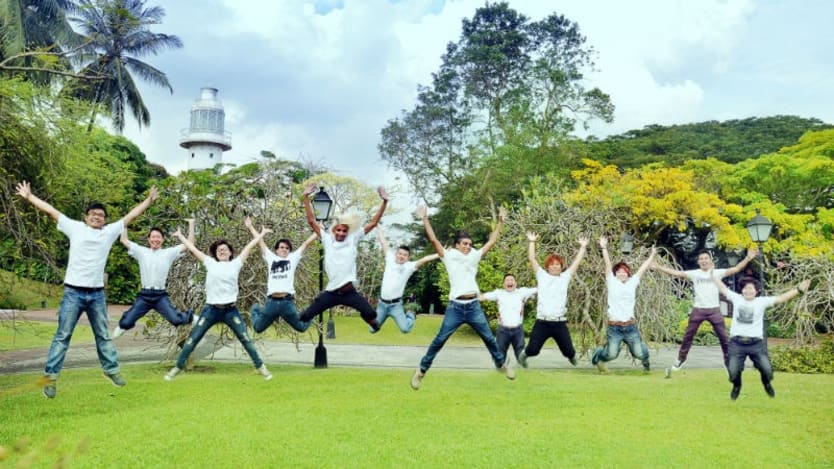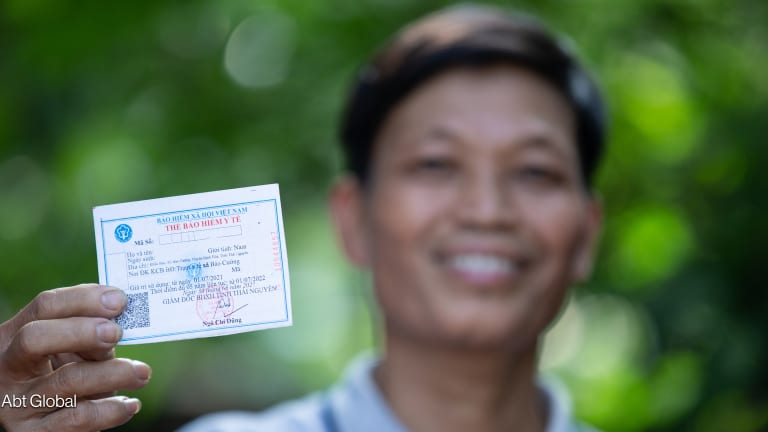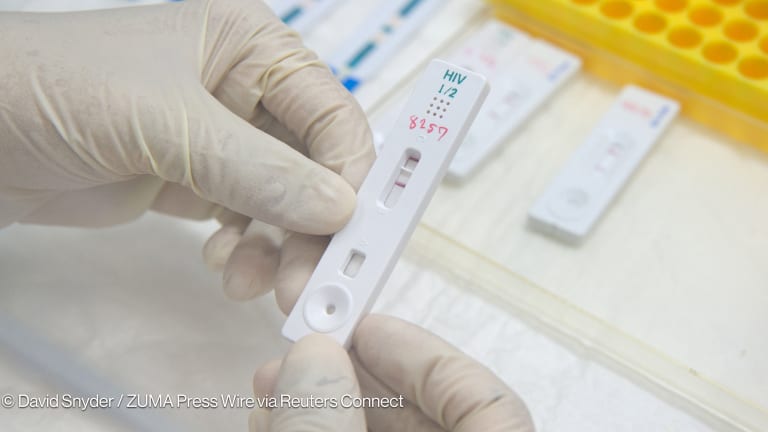
According to UNAIDS, in 2018, the 10 countries that make up the Association of Southeast Asian Nations had a combined population of 647 million — 1.9 million of whom were living with HIV/AIDS.
While countries such as Cambodia, Myanmar, Thailand, and Vietnam have reported success in reducing new infections since 2010, other countries still face key challenges. These include late diagnosis, elevated HIV risk among youth populations, punitive laws that reinforce HIV stigma, and limited access to health and psychosocial services. As a result, it is difficult to see how the region will meet the UNAIDS 2030 HIV elimination target. But it is not impossible, and nongovernmental organizations and civil society groups could be the key to change.
For example, Singapore is a founding member of ASEAN and one of only two developed economies in the region. Yet, the government’s response to the epidemic in recent years has been lackluster at best, especially in relation to two key affected populations: men who have sex with men and transgender persons. Under section 377A of the penal code, consensual intimacy between adult men in private remains criminalized in Singapore. Despite government reassurance that this will not be proactively enforced, it creates an environment of stigma around service provision for men who have sex with men and transgender communities.
“For Oogachaga, we have learned the importance of collaborating with various stakeholders as we recognize, through our clients, the intersectionality that exists in Singapore, especially in the area of HIV.”
— Leow Yangfa, executive director, OogachagaLocal community activists agree that Singapore’s current HIV legislation is out of touch with the latest science on HIV. The legislation was first introduced in 1987 during the early days of the AIDS epidemic — a time when fear and ignorance prevailed instead of scientific evidence. In addition, the unprecedented leak of 14,000 confidential records from the national HIV registry in January impacted the confidence of the already marginalized community in the authorities’ management of the HIV care continuum.
It thus falls upon Singapore’s NGOs and civil society groups to push for change and make a difference in HIV response, especially for the LGBTQI+ community.
Oogachaga
As a recipient of the Gilead Asia Pacific Rainbow Grant, Oogachaga is committed to providing LGBTQI+ affirming psychosocial support as part of our HIV prevention efforts, in the form of hotline, email, WhatsApp, and professional counseling services. We are informed by research confirming that LGBTQI+ individuals — especially men who have sex with men and transgender persons — who are affirmed in their identities, and connected to community resources, are more likely to make healthier and safer decisions about themselves.
Similarly, we extend the same services to persons living with HIV who need that connection and support to enhance and extend their quality of life. Together with our stakeholders and partners, we advocate for and serve our LGBTQI+ community.
At the forefront of these concerted efforts are four organizations. First is Singapore’s largest HIV charity, Action for AIDS. Registered in 1988 as an HIV charity in the years immediately after the AIDS epidemic arrived in Singapore, Action for AIDS has been at the forefront of advocacy and change, both at community-level and within government institutions. These efforts include launching public awareness campaigns for youth before the government and mainstream media took notice; setting up Singapore’s first anonymous HIV testing service, which drove up voluntary testing rates for men who have sex with men; and affecting change in policies and laws impacting people living with HIV and their loved ones, just to name a few.
Then there is the country’s longest running LGBTQI+ community organization, Oogachaga, where I serve as executive director. Specializing in psychosocial support for the LGBTQI+ community since 1999, Oogachaga has been extending the psychosocial service continuum, especially for men who have sex with men and transgender persons, providing counseling services by phone, email, WhatsApp, and face-to-face sessions.
Since 2009, there has also been Project X, the only human rights organization for sex workers in Singapore. It meets the sexual health needs of unregulated sex workers, another marginalized population. In 2014, another key community stakeholder, The T Project also began providing a range of HIV and sexual health outreach for the diverse transgender community.
Over the years, these organizations have worked individually and together to accelerate progress on HIV prevention, and support efforts within the LGBTQI+ community. Collectively, they have also advanced research that explores: 1) the intersection between gay men’s identities; 2) psychosocial factors in HIV transmission; 3) enhancing understanding on the barriers transgender women face in accessing primary health care; and among others, advocating to make HIV prevention treatment accessible in public health care institutions.
Gilead Asia Pacific Rainbow Grant: Gilead wants to support projects that focus on people at the center of care and aims to:
1. Empower people living with HIV to achieve the best quality of life possible.
2. Engage communities on quality-of-life topics for people living with HIV, ultimately resulting in societies that are free of judgment and stigma.
3. Partner with communities, NGOs, governments, and businesses to help people with HIV live long and healthy lives.
Find out more here.
In a monumental effort led by Action for AIDS, these four organizations were joined by others from the community and the public and private sectors in 2018 to develop the first-ever community blueprint to end HIV transmission and AIDS in Singapore by 2030. It consists of a host of community-led efforts for key affected populations including men who have sex with men, transgender people, sex workers, and drug users. As a Singaporean and executive director of Oogachaga, I dare say this is an achievement for Singapore, and one that other countries in the region can learn from. By coming together to tackle HIV, more impact can be achieved.
For Oogachaga, we have learned the importance of collaborating with various stakeholders as we recognize, through our clients, the intersectionality that exists in Singapore, especially in the area of HIV, and we would advise others to do the same.
We acknowledge that our LGBTQI+ clients are diverse and exist in complex, interconnected realities. They could be experiencing stigma and discrimination; having difficulties coming to terms with their sexuality or gender identity; experiencing relationship or employment issues; living with disabilities; living with drug addiction; engaging in sex work; or battling mental and sexual health issues. They could be dealing with any of these in addition to worrying about HIV.
We urge communities around the world, especially here in Southeast Asia, to acknowledge your unique diversities and work inclusively to eliminate HIV transmission by 2030.








